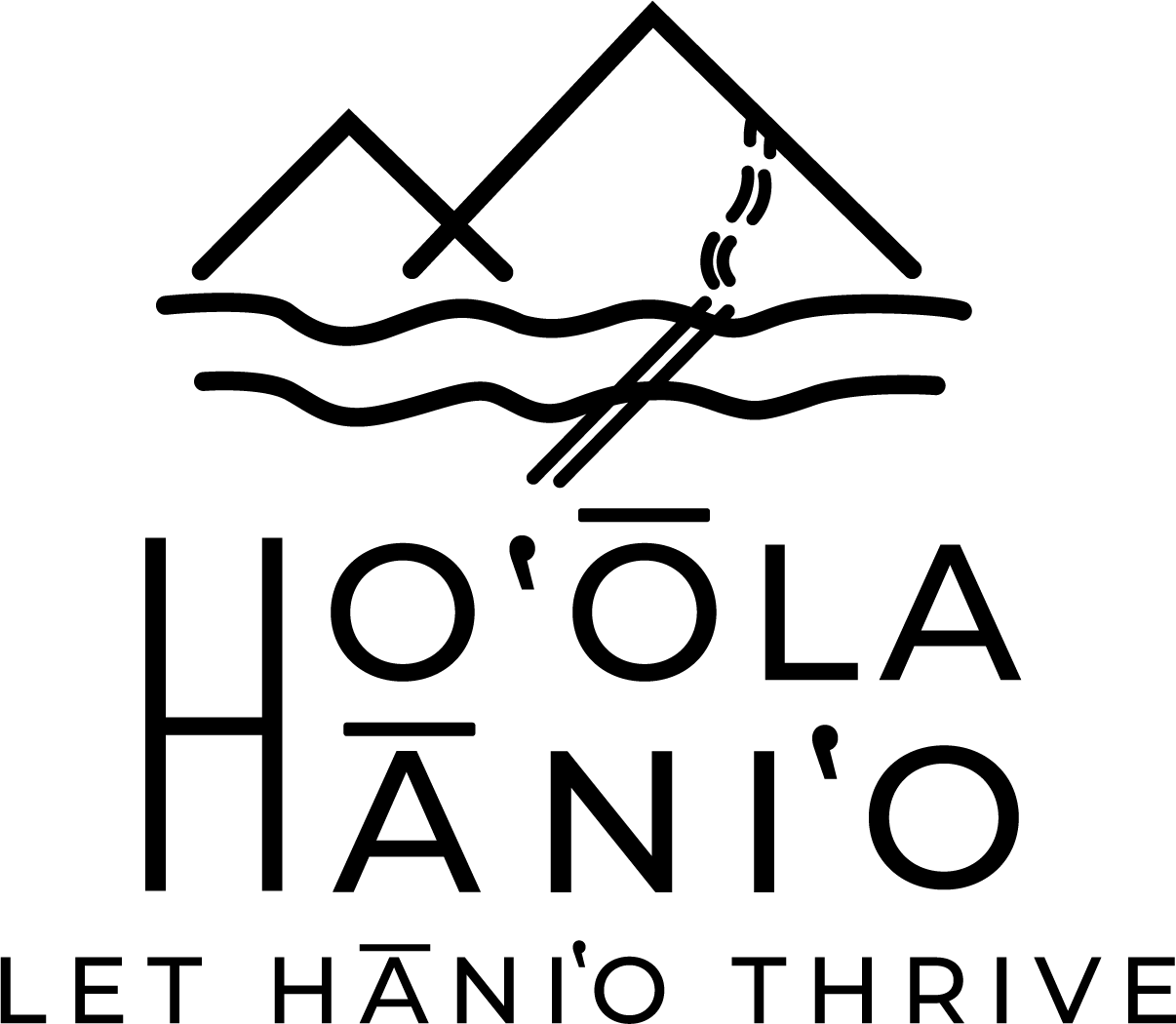







Last weekend, the Kuleana Coral Demonstrating event at Ka Ho’iho’i brought together ocean enthusiasts, conservationists, and families for an immersive experience in coral restoration. “Kuleana” refers to the Hawaiian concept of responsibility, and the event’s goal was to instill this sense of stewardship toward the ocean in all participants. The day was dedicated to learning about the importance of coral reefs and how individuals can take part in preserving them through direct action.
The event kicked off with an educational session led by marine biologists who emphasized the vital role coral reefs play in maintaining the health of marine ecosystems. Participants learned how reefs act as natural wave barriers, prevent coastal erosion, and provide habitats for diverse marine species. With a deeper understanding of the reef’s significance, attendees were eager to dive into the hands-on portion of the day.
As part of the demonstration, participants were taught the basics of coral propagation, a key technique used in reef restoration. The group learned how to carefully cut healthy coral fragments from donor colonies, which would later be transplanted onto artificial structures to encourage new growth. These coral fragments were then transported to shallow waters for attachment to the reef.
Guided by experienced divers, attendees waded into the clear waters, carefully placing the coral fragments onto the restoration platforms. Using environmentally safe adhesives, they secured each piece of coral, ensuring that it would have the best chance of survival. The activity not only gave participants a sense of accomplishment but also highlighted the delicate nature of the ecosystem they were helping to restore.
Throughout the event, the spirit of kuleana was ever-present. Participants of all ages, from young children to seasoned divers, embraced the responsibility of caring for the ocean. As they worked, the sense of community grew stronger, with people sharing stories of their connection to the sea and their hopes for future conservation efforts.
After the restoration efforts, the group gathered for a debrief, where marine biologists answered questions and provided insights into the long-term goals of the project. They emphasized that while coral restoration is a slow and ongoing process, each small effort can have a big impact on the overall health of the reef. Many attendees expressed their desire to continue participating in similar events in the future, eager to take on more kuleana in protecting Hawaii’s marine ecosystems.
By the end of the day, the Kuleana Coral Demonstrating event had not only educated participants on the science of reef restoration but also fostered a deep sense of personal responsibility for the environment. It served as a reminder that even small actions can contribute to the greater goal of preserving Hawaii’s natural beauty for generations to come.
